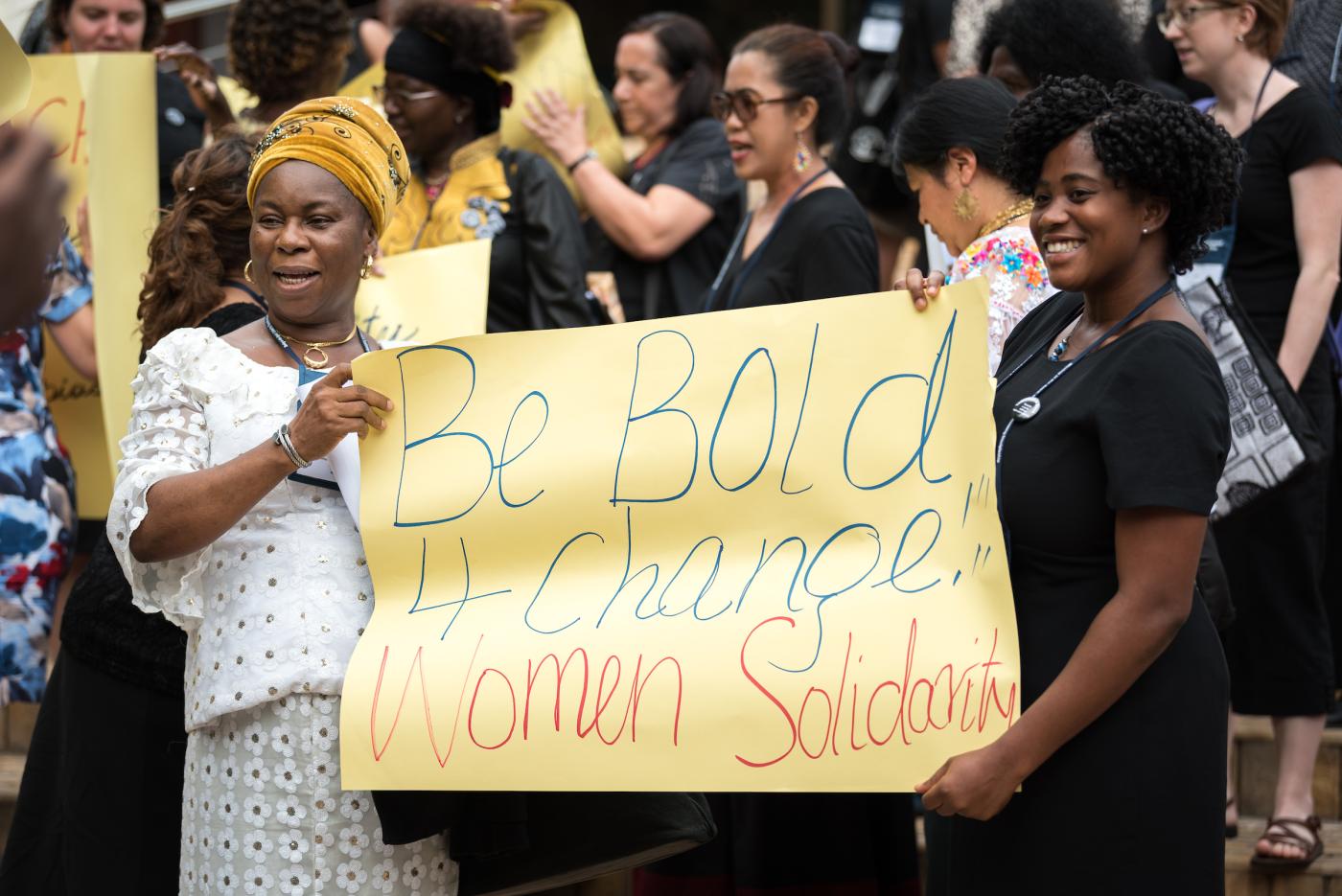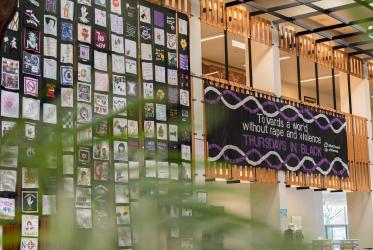“We lament that some religious actors have also contributed to slowing, or even blocking progress, towards achieving the Beijing Platform for Action,” reads the communique. “We call upon our constituencies to be accountable for our own human rights violations and to counter anti-rights actors, who are instrumentalising religion.”
The communique notes how forms of repression are interrelated and recognises gender injustice as an intersectional issue. “We are called to work in partnership for the protection and promotion of human dignity and to achieve gender justice,” reads the communique. “We recognise that we all benefit from a more gender-equal society.”
Citing prevention and early intervention strategies, the communique also stressed the importance of creating safe spaces.
“The COVID-19 pandemic has exposed pre-existing structural injustices and inequalities,” reads the text. “We are committed to working for economic justice and rights, which is essential for broader social change.”
This includes tackling systemic issues related to unpaid care work, unequal pay, social protection, and reforming family laws, while also transforming gender norms, the communique notes.
“We are alarmed by the global rise in racism and hate speech in virtual spaces, which is often experienced by women, young women and girls in all their diversity,” the text continues. “We recognise the absolute need to advance the leadership of women, young women and girls in all their diversity, in all spheres of society, including in our faith communities.”
The communique also notes that women, young women and girls are important stakeholders in peacebuilding, conflict prevention and conflict resolution. “We call upon you all to work with religious actors and faith-based networks to advance our shared goals for generation equality,” read the communique. “Co-develop gender justice policies, strategies and programmes with religious actors, which strengthen intersectional approaches to institutional changes and accountability.”








